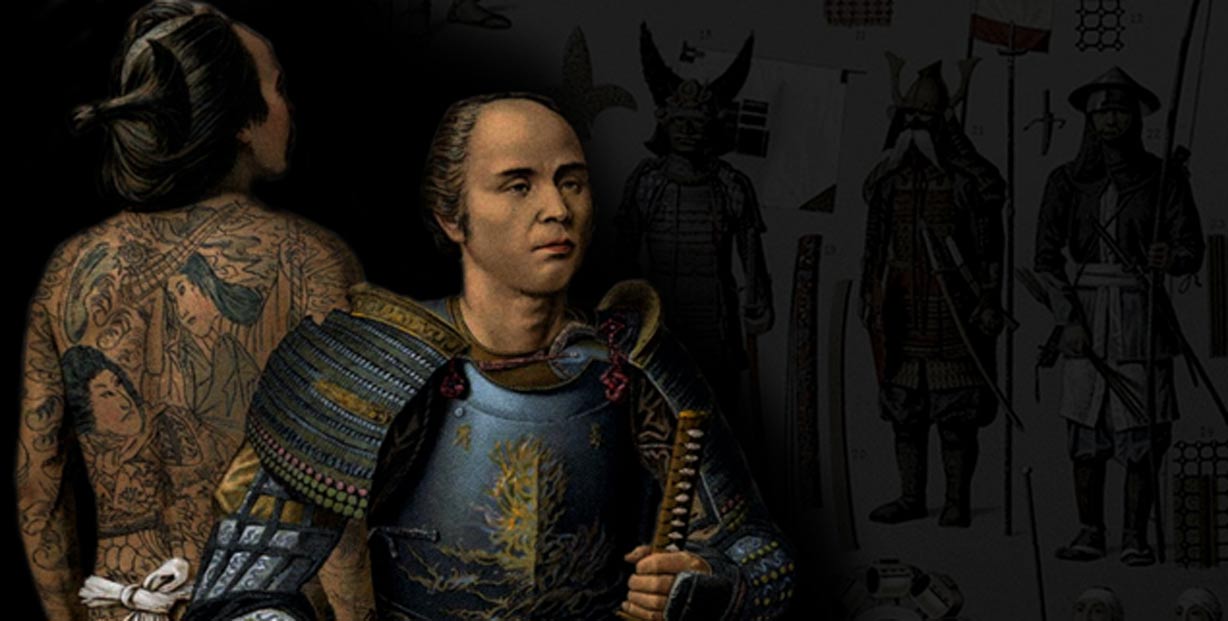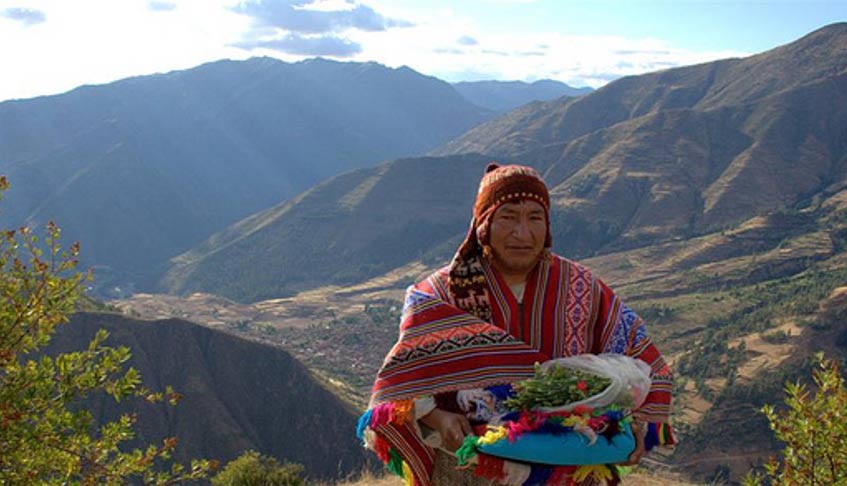A Dark Time for the Samurai and the Trouble with the Feudal Japanese Caste System

In Japanese jidai-geki (period) films, especially those made under the military government, samurai warriors are presented as the ideal warriors who were motivated solely by honor and loyalty, preferring to fight to the death rather than admit defeat. The true samurai warriors were not only well-trained in the art of warfare, they were also highly learned in literature and poetry. The idea of the samurai became the embodiment of the philosophical ideal of Japan and attracted global admiration for their nobility.
However, the samurai experienced a dark period beginning in...Read more

